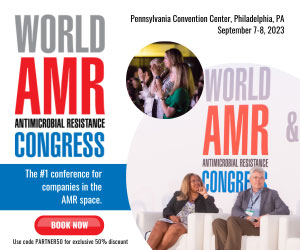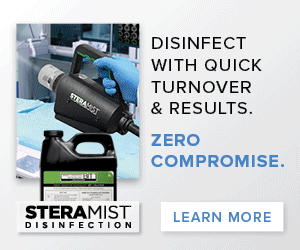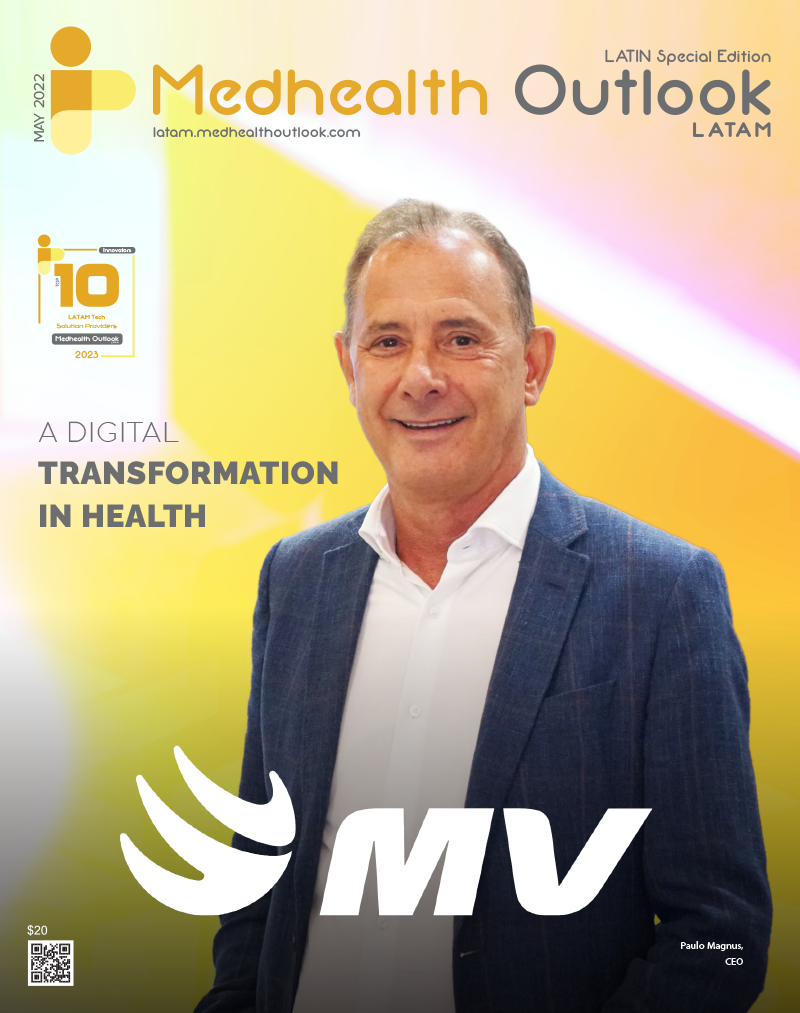Natural killer (NK) cells are the body’s first line of defense against cancer and viral infections and are being explored for their potential in immunotherapy. However, recent disappointing results from a multiple myeloma trial have sparked debate about the most suitable source for NK cell therapies. Some experts argue that autologous NK cells, derived from the patient’s own body, may offer advantages such as longer effect duration, ease of repeat dosing, and established safety. As the field develops, a balanced view on allogeneic and autologous NK cell therapies may emerge, where the approaches are seen as complementary and suited for different patient populations.
Natural killer cells (NK cells) constitute the body’s innate first-line immune defense and play an essential role in tumor surveillance. NK cells kill virally infected and malignant cells in a direct and antigen-independent manner and present an attractive target for immunotherapy development. It is believed that NK cell therapies may overcome some of the limitations seen with CAR-Ts, most notably, a much more benign safety profile is to be expected, avoiding CRS and neurotoxicity. The fact that several therapeutic antibodies on the market or in development rely on NK cell killing also provides opportunities to explore beneficial synergistic effects between NK cell therapy and such ADCC-competent antibodies.
There is an increasingly vivid discussion among companies and investors active in oncology NK cell therapy development which is the most suitable cell source for these therapies. A key trigger for the scrutiny seems to be the disappointing data presented recently by Fate Therapeutics using a BCMA targeting CAR-NK, based on iPSC-derived NK cells, in multiple myeloma patients. The subsequent termination of a deal with J&J and the dramatic reduction in pipeline projects and staff has further fuelled the debate.
Some companies, sourcing from universal peripheral or cord blood donations, claim that iPSC-derived cells are not really NK cells, but rather display a non-natural phenotype lacking in e.g., CD16. The jury is still out regarding which cell source is most viable and likely to work for allogeneic NK cell therapies.
One source has for some time been somewhat out of fashion. That is the patient’s own cells – autologous NK cells. With the recently raised questions about cell sources, it is also expected that benefits of an autologous approach are more carefully considered. Attracted by the prospect of an off-the-shelf potential, in the last few years, there has been a strong rush towards the development of allogeneic treatments, moving away from autologous cell products that are typically manufactured on-demand and not suitable for scale-up but rather scale-out.
With the focus on allogeneic products comes the need to circumvent the host’s own immune system which seeks to eliminate the foreign cells. This has led to a number of gene modifications being introduced, sometimes as many as six different ones in the same development product. With an increasing number of complex modifications come higher regulatory and technical risks. The autologous NK cells on the other hand have a natural longevity since they are not attacked by the host immune system.
The most obvious benefits of autologous NK cell therapies include:
- Potential for longer effect duration due to limited risk for the elimination of cells by the patient’s immune system (and no need to introduce gene modifications to address immune clearance)
- The possibility and ease of repeat dosing
- The possibility of treating patient populations in which immuno-suppressive pre-treatment is not possible or advisable
- The well-established safety, which in addition to providing obvious benefits to patients also means regulatory advantages and de-risking
One sweet spot seems to be patients receiving an initially effective debulking treatment but where recurrent rates are high and therefore also the medical need. Consolidating the effect of an established debulking treatment allows time to produce the autologous product which then can be administered in repeat dosing schedules alone or in combination with e.g., an ADCC-competent antibody therapy that facilitates tumor targeting and is dependent upon NK cells for its effect.
It also seems that the COGS disadvantage of an autologous product is becoming less pronounced when considering the efficient vein-to-vein processes developed in the autologous CAR-T space and the fact that an allogeneic product typically still needs to be produced in rather limited batch sizes and likely will need gene modification to prevent rapid immune clearance.
It is too early to say whether an autologous or allogeneic NK cell product will be the first to reach the market, but it seems clear that the autologous approach benefits from some regulatory advantages.
Going forward, some stakeholders now anticipate a more balanced view on autologous versus allogeneic NK cell therapies, where these do not necessarily constitute competing strategies but should rather be seen as complementary, each with its own unique characteristics and suited for different situations and mostly non-overlapping patient populations. In the future, certain cancer patient populations may benefit from an initial punch given by a readily available allogeneic NK cell therapy which is then followed by a repeat dosing schedule of an autologous therapy to consolidate the effect and prevent recurrence.
By
Markus Thor, MSc, MBA
Chief Business Officer
XNK Therapeutics












